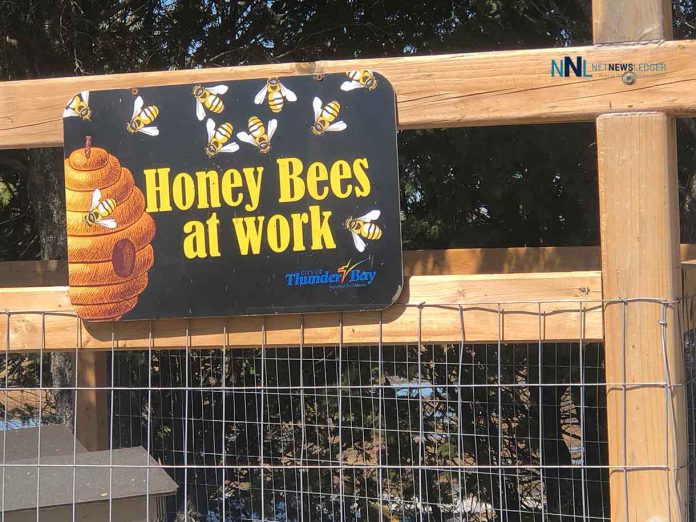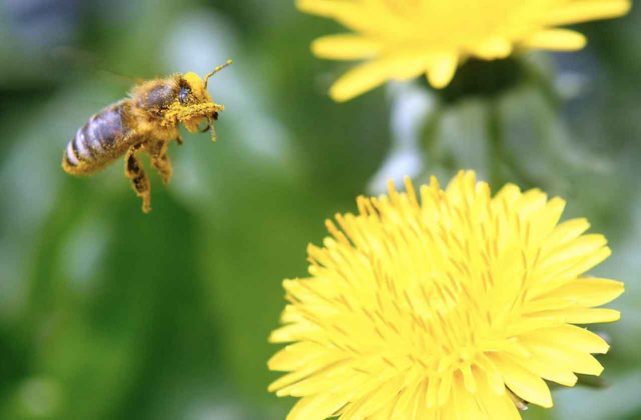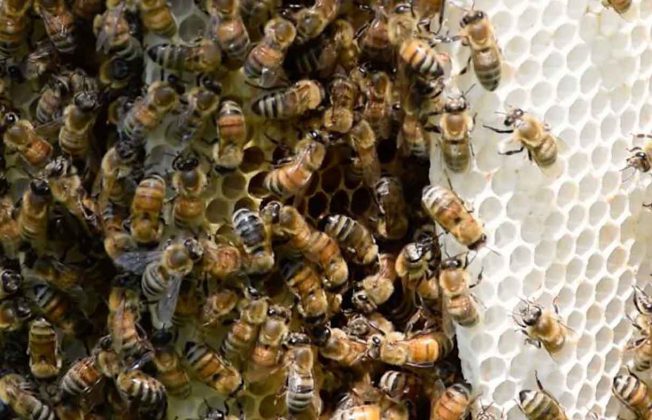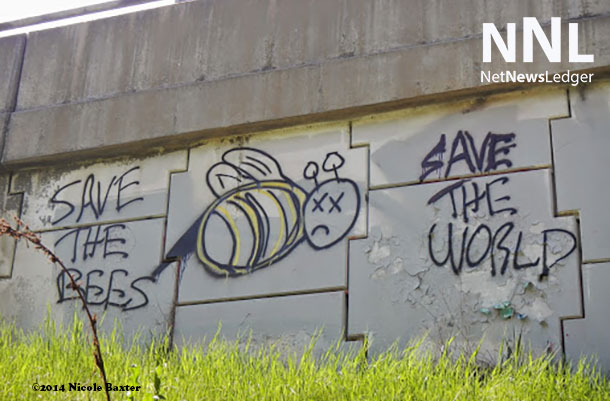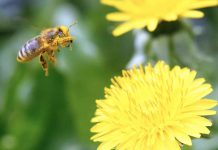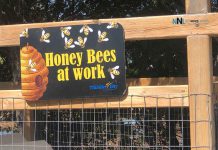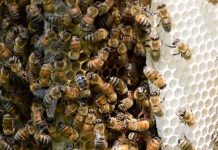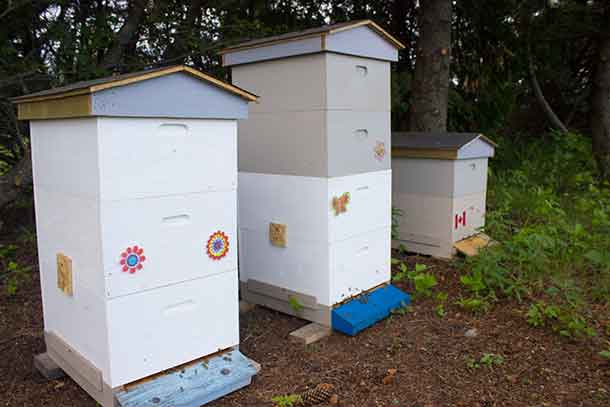THUNDER BAY – LIVING – Spring weather has hit. For many that means getting going as soon as possible to tidy up the lawn, rake up the left-over leaves from last fall and get the garden ready.
However at this time of the year, while for us it is spring finally for many of the pollinators, it is still early.
Bees matter.
Some pollinating insects in need of shelter from the cold actually thrive in that leftover plant matter that you are likely so determined to clear and clean up.
Here in Western Ontario, the average frost free growing season is usually from about June 1st to around mid September.
There is about 108 frost free days. Waiting to let the bees, and other needed insects get their season started matters too.
Spring weather brings out the feeling we all have to get growing. However being smarter will mean less panic about frost and your plants, especially tomatoes getting hit by frost.
Saving the Bees
Honey bee colony collapse is a significant problem for Canada, and globally. Important crops including canola, blueberry, cranberry, almond, pear, apples and more, are dependent on the industrious insect for pollination. Unfortunately, the mite Varroa destructor feeds on bees at adult and juvenile stages, weakening them and transmitting deadly viral infections which leads to colony collapse.
Colony replacement costs, the least of our worries, amount to ~ $400 M per year in Canada and the US combined. The more concerning cost, lost pollination and the honey harvesting business, and the consequent decreased fruit crops, amount to losses in the billions annually. Beekeepers treat colonies against varroa mites every year when mite levels rise in the spring and fall but it is becoming much more difficult to manage the outbreaks.

